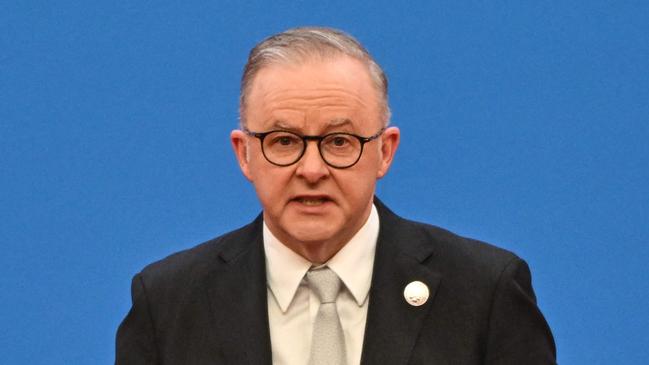
Whether the central bank raises rates again on Tuesday or not, and it may not, one thing is clear: households have clear expectations of the government as they witness their living standards continuing to fall.
Despite the actions Albanese has taken, including interventions in the energy market to try and put a cap on extreme price rises, power bills were nominated almost universally across age groups and other demographics as the top-order issue.
This is not surprising. But there is a polarisation of views about what is needed, depending on circumstance.
Middle Australia has nominated tax cuts as the second-highest priority after energy bill subsidies.
There is a strong appetite for the government to curb spending as a means to help solve the inflation puzzle, which reveals a simple fact. Australians understand the problem better than many politicians give them credit for.
And while this may appear contradictory to the view that the government should be acting on subsidies for fuel prices and energy bills, which in themselves would be inflationary, the mood of the nation doesn’t need to pass an economics quiz.
It’s not up to the electorate to devise an economic plan.
What the Newspoll reveals is that there is a strong support generally for the government to participate in alleviating the pressures.
People don’t want the government to add to the inflation problem by fuelling further rate rises. At the same time, they want the government to step in and act to halt the decline in living standards.
Hence the political and economic dilemma for the Prime Minister and his Treasurer Jim Chalmers.
If the RBA does hike rates again on Tuesday, an act which will push many households into further hardship, the electoral pressure on the government will only accelerate. But so too will the economic imperative for the government to minimise any inflationary policy effects.
This political difficulty is compounded by the current electoral antipathy towards the Prime Minister following the defeat of the voice referendum.
Albanese won’t be back in the country until later in the week. According to his office, he will be flying directly from Beijing to the South Pacific for the Pacific Islands Forum.
While there is little that he can do about this, the optics will not help.




With Anthony Albanese in Beijing talking up the economic benefits of Australia’s trade relationship with China, households are staring down the barrel of a possible 13th interest rate rise. They are unlikely to appreciate the bigger picture the Prime Minister is advertising when most people can’t see past the holes in their hip pockets.